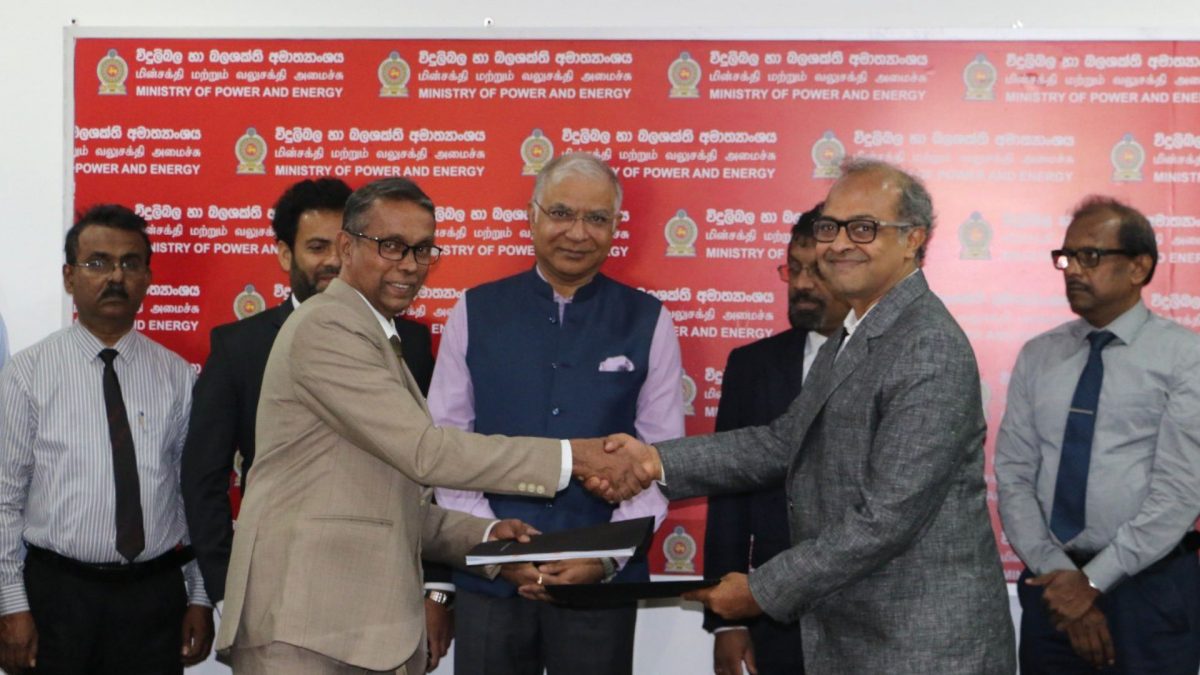Japan is the world’s most efficient manufacturing base but Suzuki Motor Corp has had to turn to India for its fortunes. Japan’s flagship car maker is betting on its Indian subsidiary, Maruti Suzuki, for global expansion and has decided to make Maruti responsible for the export markets of Africa, the Middle East and neighbouring countries.
Maruti already accounts for almost 40% of the Japanese parent’s sales, profits and revenue. And with Suzuki’s plans to expand its global footprint in the future through Maruti, the Indian company’s importance for Suzuki is only going to rise going forward.
But two issues could mar this happy prospect:
- A prolonged slowdown in the Indian car market has affected Maruti’s sales and its growth prospects here. Exports are also suffering. This would no doubt mean bad news for Suzuki.
- Despite India contributing a lion’s share to Suzuki’s profits and now global footprint, the Japanese continue to keep Indian executives away from positions on the company’s board of directors. Will this help matters?
Why should a prolonged slowdown in India worry Suzuki? Well, the Japanese company’s own home market has been degrowing and sales across European countries are also dwindling. That leaves only two other big global markets: China and the USA. Well, both these markets prefer large cars whereas Suzuki specialises in small cars. It has already exited the US market completely. All of this means India is virtually the only market where Suzuki can look for sustained growth since Indians are still primarily small car buyers.
But a slowdown is killing Suzuki’s Indian hopes too. Between April and November this year, Maruti’s total retail sales (sales from showrooms to customers) were almost flat, growing at just one percent year on year. The company is not expected to close FY14 with any growth over the number of cars it sold in the previous fiscal.
It is good to remember here that sustained focus on rural and semi-urban markets has helped Maruti keep its head above water and grow much faster than the domestic Indian car industry. But that would be small comfort to Suzuki, which has placed almost all its eggs in the Maruti basket.
Maruti Chairman RC Bhargava said today that the company’s retail sales were up 1% between April-November when industry retail sales (minus Maruti) were down 9%. He said this happened because rural sales grew by a healthy 18% during this period - rural sales now account for almost a third of Maruti’s total sales.
Bhargava also made it clear that no signs of the slowdown lifting are visible for now and any improvement in sentiment is unlikely in the near future.
The second issue is why not a single Indian is now on the board of Maruti. The company’s latest annual report shows the posts of Managing Director and joint MD, both being occupied by Japanese nationals. The post of Joint MD has been resurrected after many years at Maruti, there was a Joint MD some years back but then the practice was discontinued. This could well be the fallout of the deadly riot last July at one of Maruti’s manufacturing plants.
So the top two positions in Maruti are now be with the Japanese; MD K Ayukawa is assisted by Joint MD T Hasuike. RC Bhargava continues to be the company’s non-executive chairman. It is interesting to see that the company’s annual report for 2012-13 names and carries pictures of all its top management executives - Japanese and Indian - with each position after the MD and Joint MD being manned by nationals of the two countries.
Only once is this harmony broken - in the crucial Human Resources department where SY Siddiqui is shown as the Senior Managing Executive Officer (HR, IT, Finance and COSL) with no Japanese counterpart.
But not a single Indian holds an executive director position on the board. Ayukawa dismissed this discrepancy when asked, saying “we have a chance to develop Indian people. If a good candidate is there, we try to assign him (to a board position). We try to find a good candidate”.
Bhargava said there are five Indians in non-executive positions and that every function has a Japanese executive director with an Indian counterpart (but non executive).
To be able to succeed with its global expansion ambition through Maruti, Suzuki Motor Corp clearly needs to get more aggressive in the Indian market, handhold Maruti in its export drive in select markets. But above all, the Japanese need to invest Indian officials with greater trust and responsibility.


)




)
)
)
)
)
)
)
)